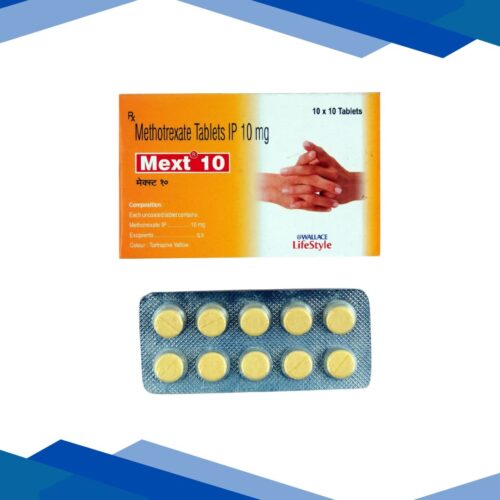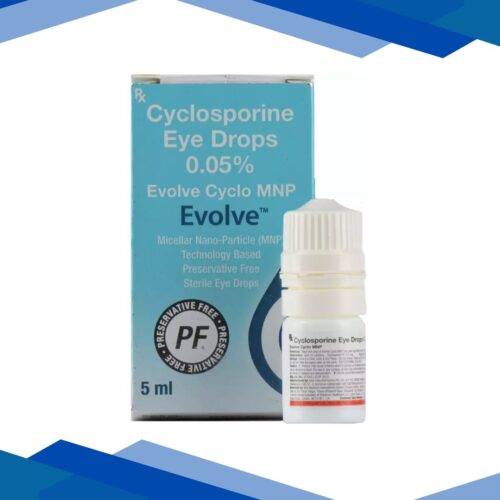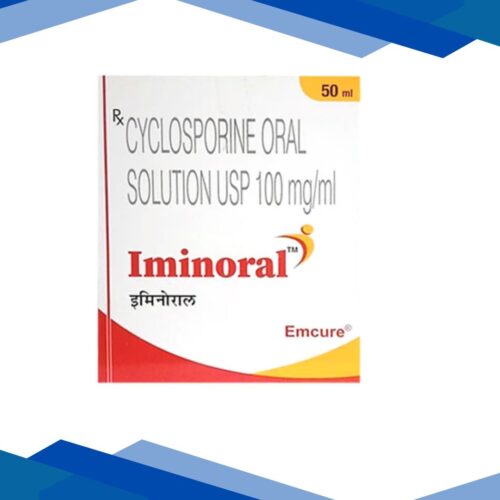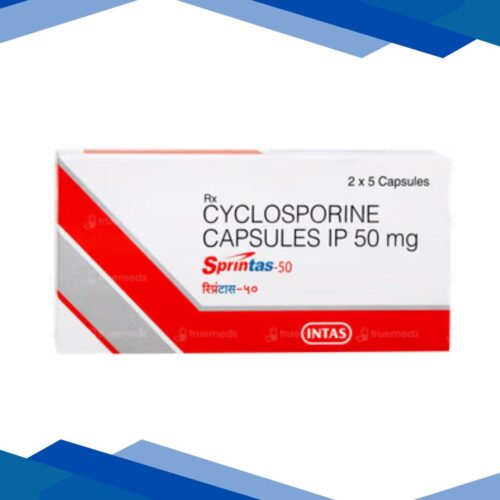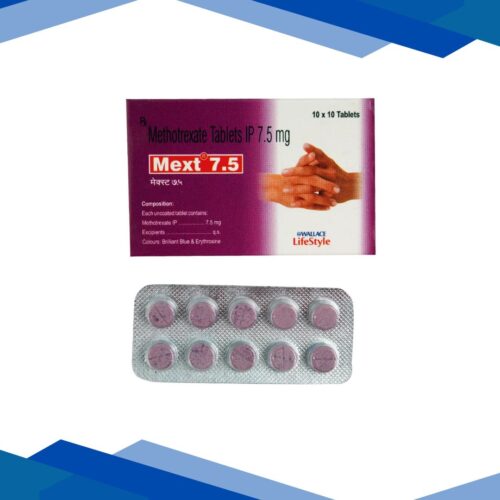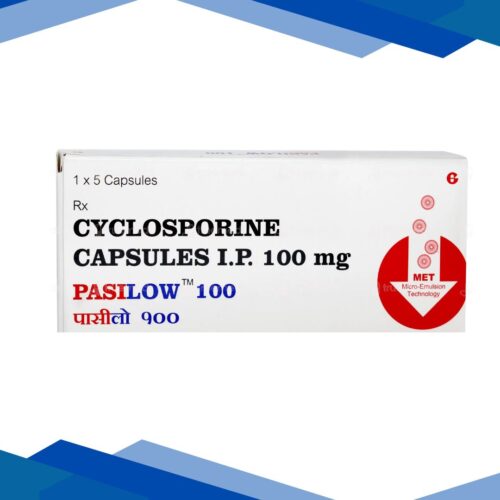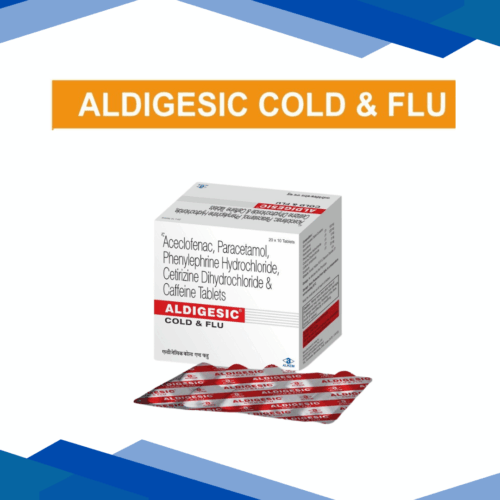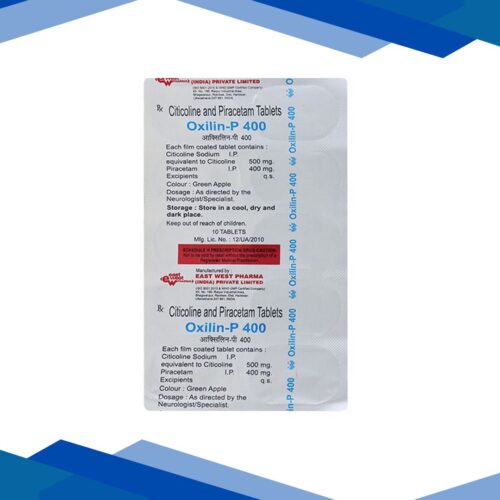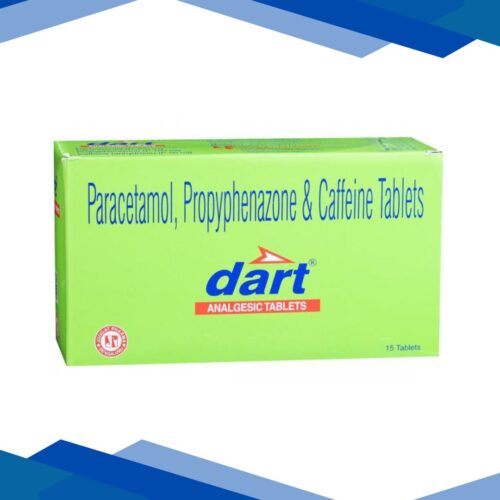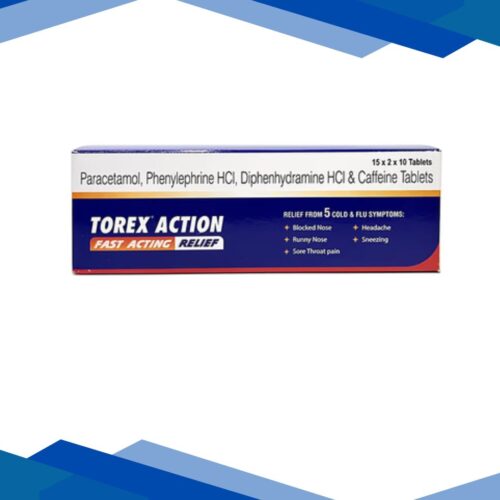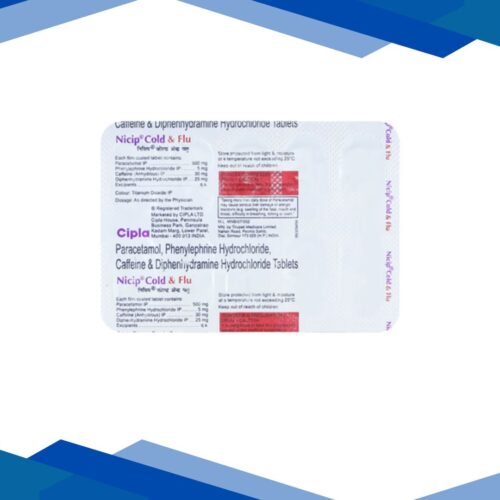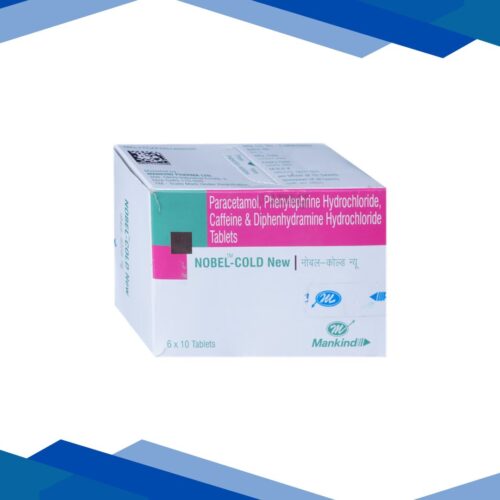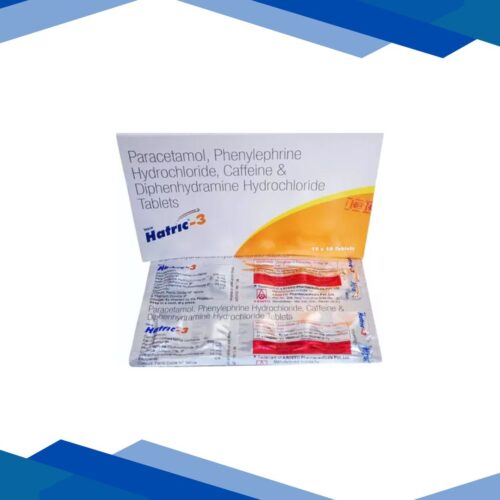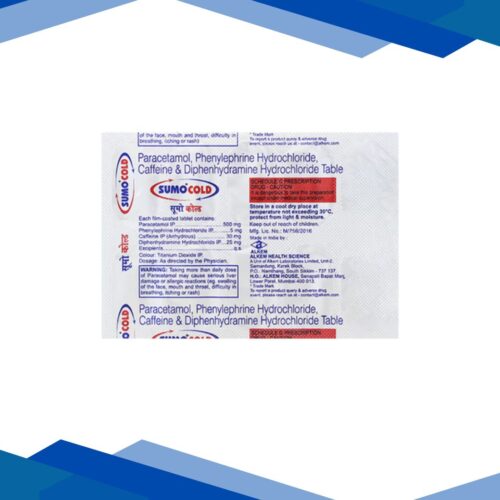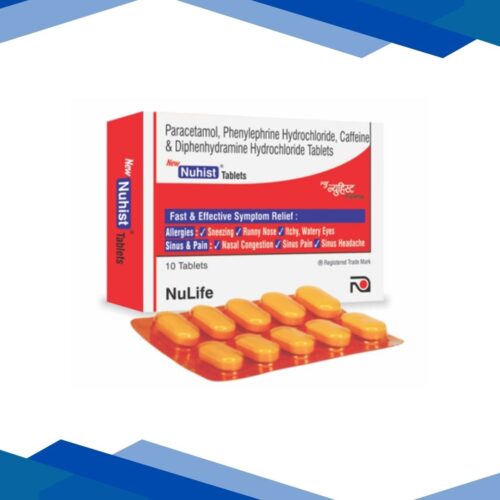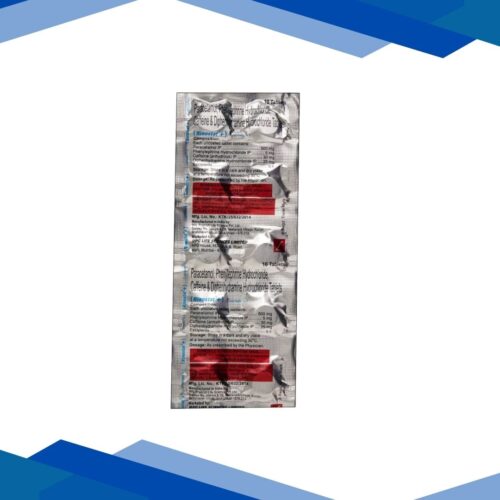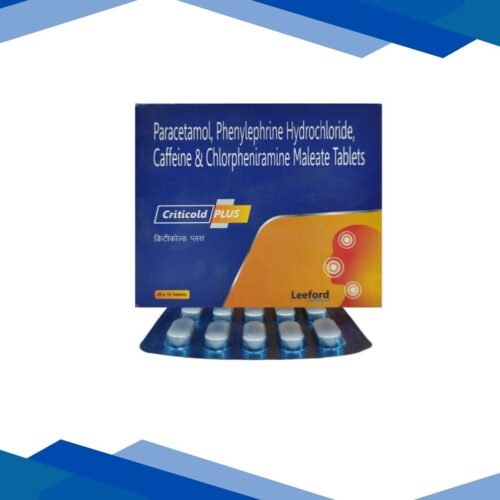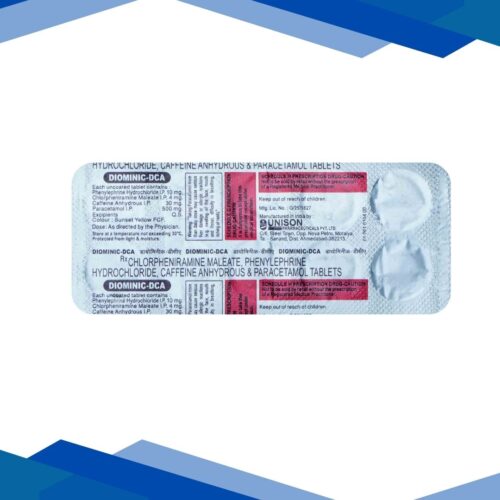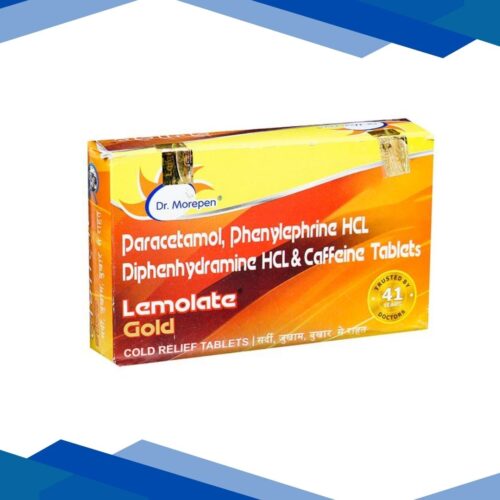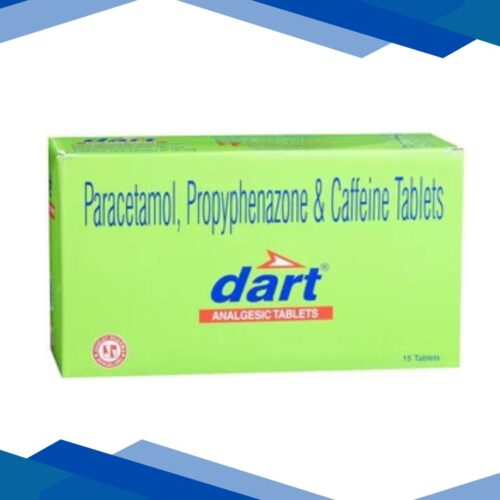CAFFEINE
Overview:
Caffeine is a natural substance that helps you feel less tired and more awake. You’ll find it in things like coffee, tea, cola, energy drinks, and even in some medications.
Classification: Central nervous system stimulants
Uses:
Fights sleepiness and helps keep you focused
Can help you stay mentally sharp during the day
Often added to pain relievers to make them work better (like in migraine treatment)
Sometimes used in newborns (especially premature babies) to help with breathing problems
How it works:
Caffeine helps you stay awake and focused by blocking a brain chemical called adenosine, which normally makes you feel drowsy.
By stopping adenosine, caffeine keeps your brain more active, helping you feel energized, alert, and a bit more awake. It can also slightly increase your heart rate and make you feel more awake physically and mentally.
Dosage: As prescribed by your doctor.
Side effects:
Having too much caffeine might cause:
Restlessness or shaky hands
Trouble falling asleep
Rapid heartbeat or a racing pulse
Stomach discomfort or acidity
Mild headaches, especially if you suddenly stop using it
Frequent urination
Feeling uneasy or anxious
Precautions:
Don’t have too much: Taking in large amounts of caffeine can make you feel nervous, interfere with sleep, or cause a fast heartbeat. It’s best to keep it moderate—about 1 to 3 cups of tea or coffee a day is usually safe.
If you’re sensitive, go slow: Some people react strongly to even small doses of caffeine, causing shakiness, headaches, or discomfort.
Avoid it before bedtime: Since caffeine keeps you alert, having it too late in the day (especially after the afternoon) can make it hard to fall asleep.
Pregnant or breastfeeding? Talk to your doctor. Too much caffeine might affect your baby, so it’s safer to limit your intake.
If you have heart issues, anxiety, or high blood pressure: Be careful—caffeine can sometimes worsen these problems.
Check food and medicine labels: Caffeine isn’t only in coffee—it’s also found in soft drinks, energy drinks, chocolate, and some pills like pain relievers or slimming products.
Disclaimer:
This content is for informational purposes only. Always consult a healthcare provider for medical advice and proper dosage

